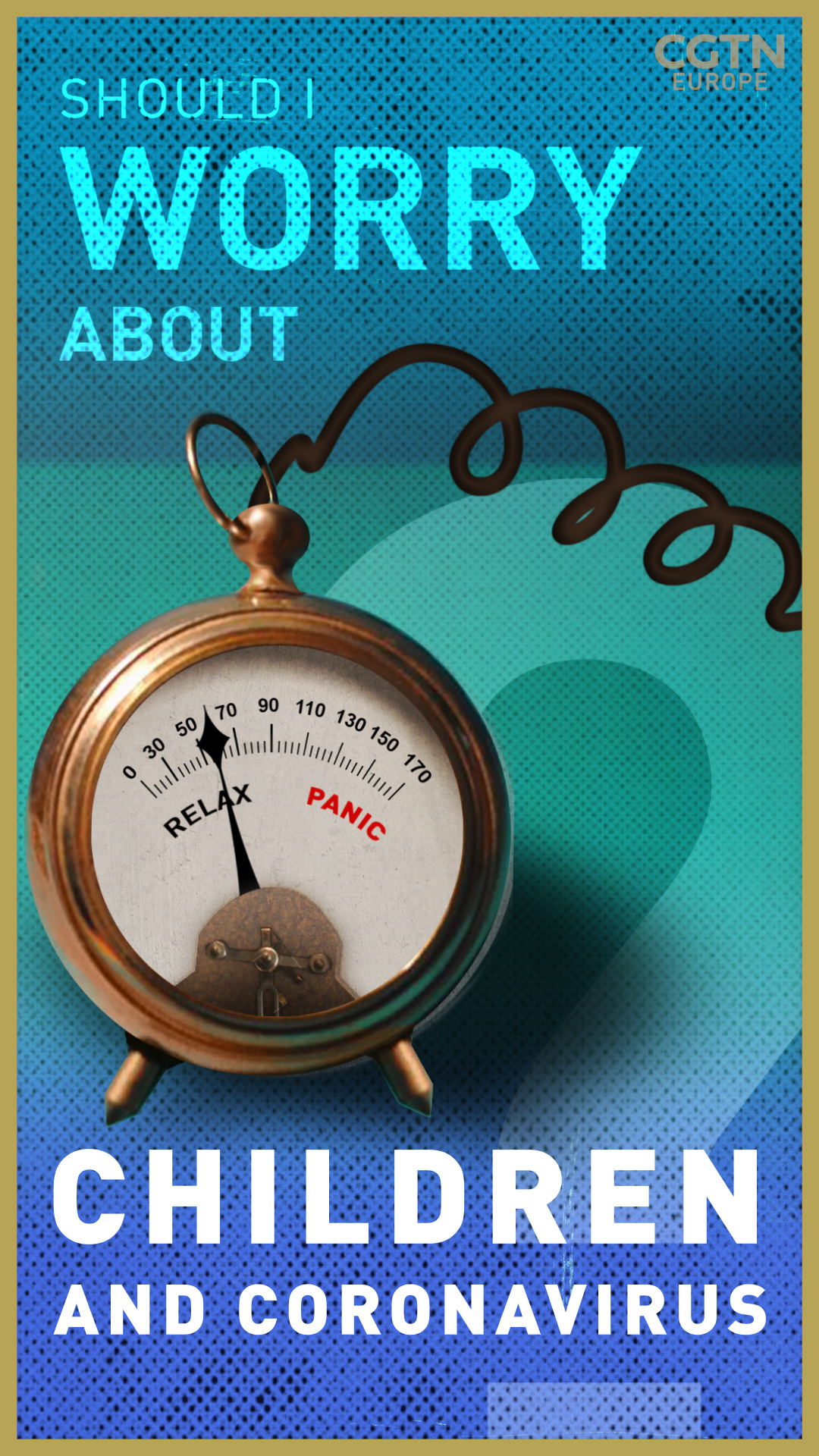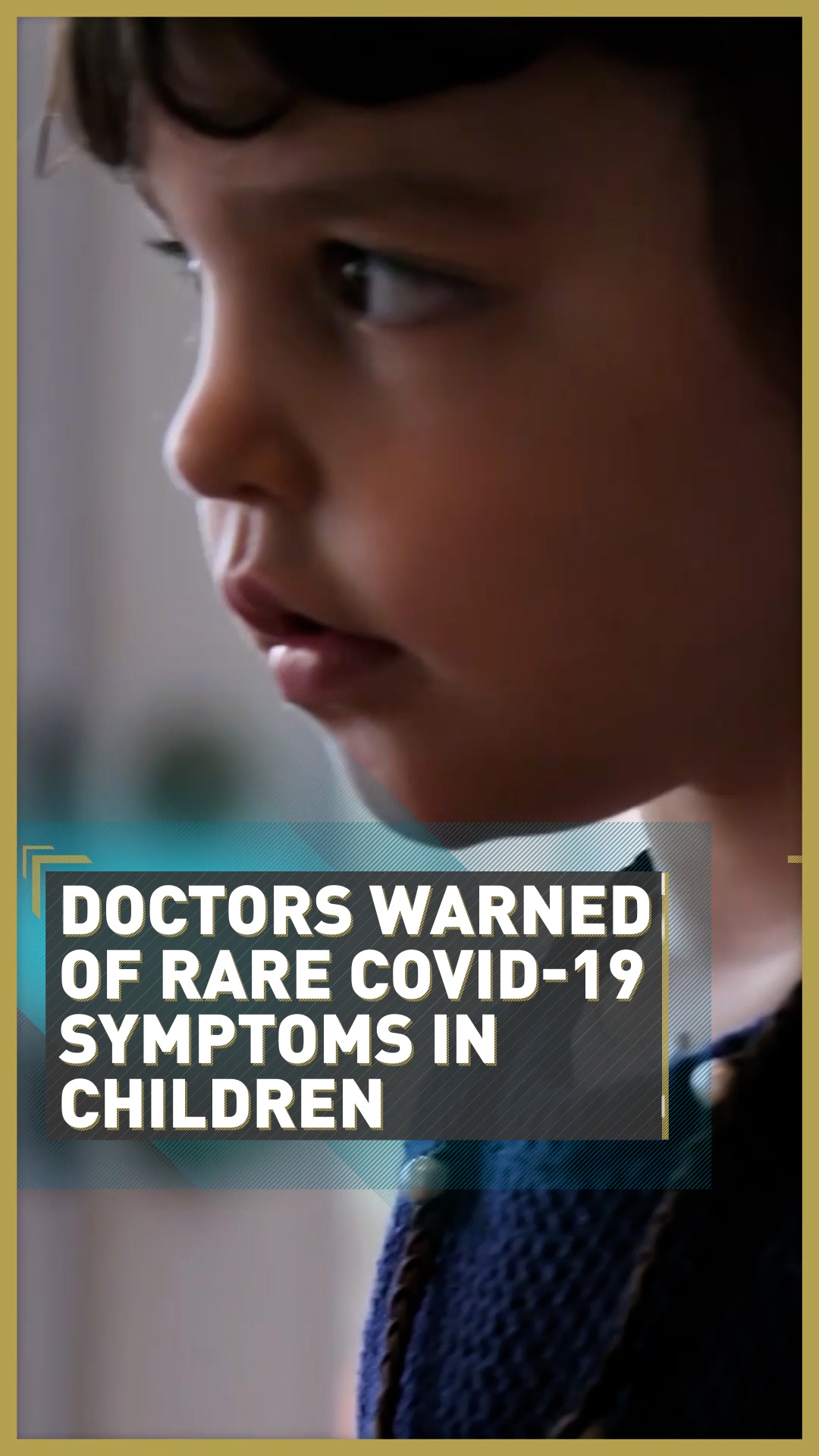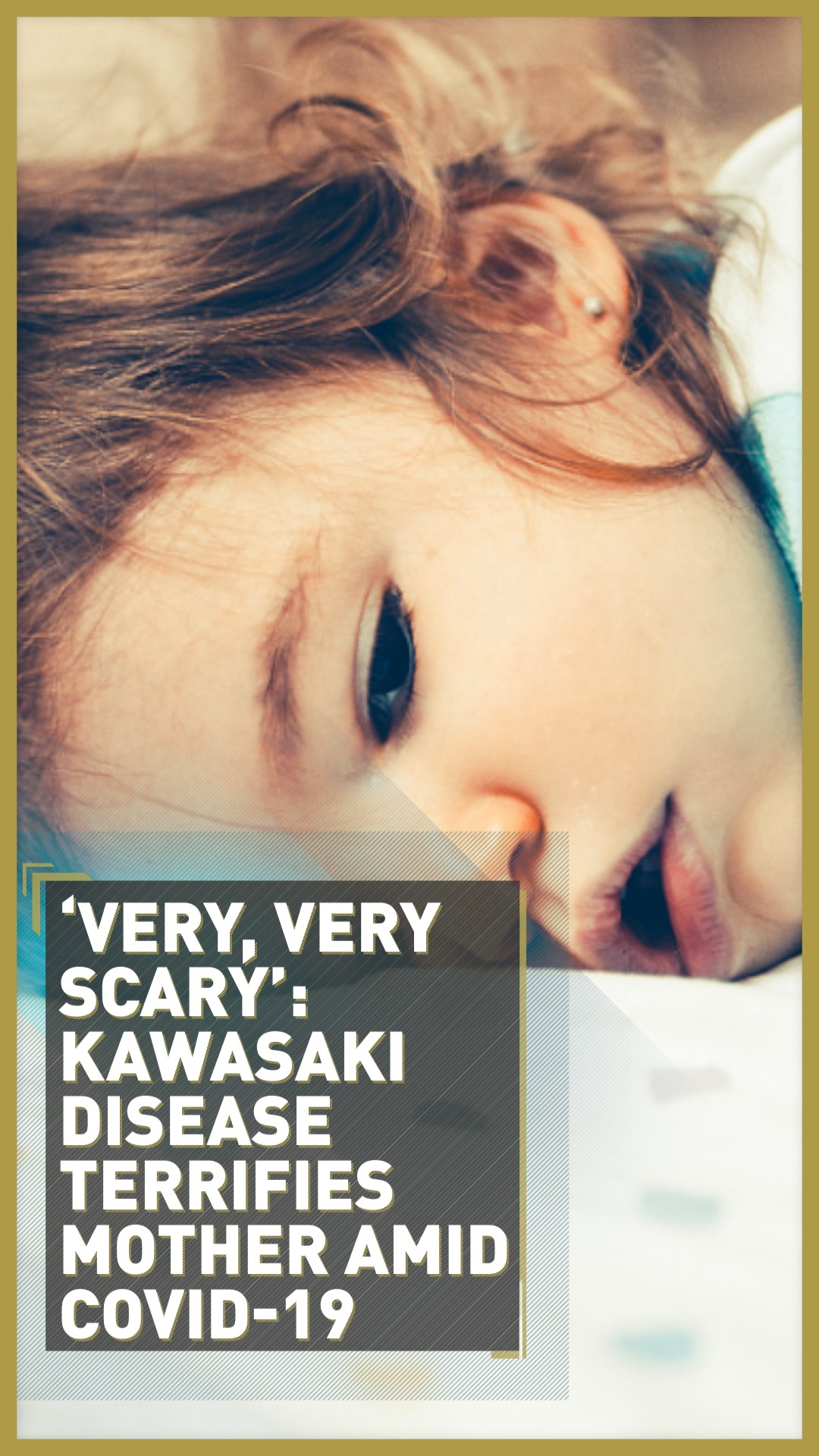02:22

What's the problem?
Right from the first studies into the new coronavirus, authorities have warned that COVID-19 is a particular worry for the medically vulnerable. However, whereas this usually means the young and old as well as the already sick and frail, epidemiologists quickly agreed that rates of infection and death followed a relatively straightforward pattern: the younger you are, the safer you are.
However, after more testing revealed more data, epidemiologists started to wonder whether younger sections of the population were suffering more cases than previously suspected, and fighting them off more successfully.
On 14 May, a report from the Robert Koch Institute in Germany, a country which has conducted more tests (three million and rising) than any other in Europe except Russia, noted very similar rates of cases per thousand among those in their twenties, thirties, forties and fifties, with lower rates in the sixties and seventies.

Germany's Robert Koch Institute notes the different per-capita case rate among different age ranges. /Robert Koch Institute
Germany's Robert Koch Institute notes the different per-capita case rate among different age ranges. /Robert Koch Institute
But even then, infection rates among those in their first two decades were still lower – with ages 0-9 having the lowest per-capita cases incidence of all. No wonder, perhaps, that the UK's National Health Service (NHS) website still clearly says "Children can get coronavirus (COVID-19), but they seem to get it less often than adults and it's usually less serious."
What's the worst that could happen?
A pandemic provides plenty of potential for people to panic. As any medical condition suffered by children is deeply affecting, a new spike is big news. In late April, doctors began to join the dots between cases of children presenting in various countries with a multisystem inflammatory condition.
On 26 April, an NHS England alert noted "common overlapping features of toxic shock syndrome and atypical Kawasaki disease" – the latter causing an inflammation of the blood vessels. The UK government's chief medical adviser Chris Whitty thought it "entirely plausible that this is caused by this virus, at least in some cases."
Similar cases were also noted in France, Spain, the U.S. and Italy. By mid-May it emerged that a 14-year-old boy in London had died from "a Kawasaki-like disease," with similar juvenile deaths in France and New York state; the World Health Organization issued a warning and a study in The Lancet magazine noted that half of patients displayed toxic shock while 60 percent suffered heart complications.
Speaking to CGTN Europe, Damien Bonnet – one of France's leading children's doctors and head of Pediatric Cardiology at Paris Descartes University – noticed the uptick: "In the Paris area, we usually see one patient a month in heart failure with inflammatory signs looking like Kawasaki disease; today we see two or three per day."
Read more: Doctors told to look out for rare 'Kawasaki' symptoms in children amid possible COVID-19 link
02:41

Understandably, the outbreak was immediately linked to the pandemic. "You've got the COVID-19 peak, and then three or four weeks later we're seeing a peak in this new phenomenon which makes us think that it's a post-infectious phenomenon," said Liz Whittaker, clinical lecturer in paediatric infectious diseases and immunology at Imperial College London.
What do the experts say?
Bonnet remains unsure of a link, noting that not all patients for the inflammatory condition have tested positive for COVID-19. Whittaker says scientists are "being cautious and we're saying that it's associated with the pandemic while we get more information."
Analysts are also very careful to point out the relatively tiny numbers involved. University of Cambridge professor David Spiegelhalter estimates the risk of UK children dying from coronavirus at one in 5.3 million. The Kawasaki-like problems have so far affected around 100 UK children out of 10.7 million, with one fatality.
Whittaker also notes that the prognosis for children with Kawasaki-like problems has remained good even during the pandemic: "The majority get better within four to six days, and we have a cohort of them who are already at home with their parents and being closely monitored."
As is so often the case, perhaps the biggest worry is the unknown. COVID-19 was unheard of six months ago, and while the world has tried to deal with its immediate problems, we do not know the long-term effects on children or indeed adults. Preliminary indications suggest a heightened possibility of long-term damage to the lungs, heart and kidney, along with psychological conditions including depression, anxiety and PTSD.
Read more: Mother recounts 'horrific ordeal' after child contracts rare disease linked to COVID-19
04:38

Any condition can be hard for scientists to fully comprehend; Ranj Singh, a children's doctor at London's St George's and St Thomas' Hospitals, notes that "Kawasaki disease is a relatively poorly understood disease at the moment. We don't know what causes it." Add in a brand new illness (COVID-19) and the inter-related problems could be very hard to identify, let alone understand.
That said, Bonnet is confident in medics' ability to cope with the new spike: "We understand it. Physiologically, we understand why it is delayed, and we understand the symptoms – it's because of a brutal activation of the immune system, and then the treatment with immunoglobulin IV, then you act against the antibodies and all the immune system, and then the children recover."
Furthermore, amid a damaging pandemic Bonnet doesn't want research to focus on a condition which affects relatively few people. "It's still a rare problem," he says. "There's no need for a big investment for this problem today. It's not a health priority." As the world waits to see what happens next with COVID-19 – be that a second wave, secondary problems or both – the medical establishment may have other areas to focus on first.
Read more: Should I Worry About... Gender-biased AI • Negative interest rates • Atmospheric ammonia • AI deepfakes • EU border policy • Children gaming • Knife crime • Trust in politics • Gang databases • Fast fashion • Flying during COVID-19 • Food shortages • RSI from working at home